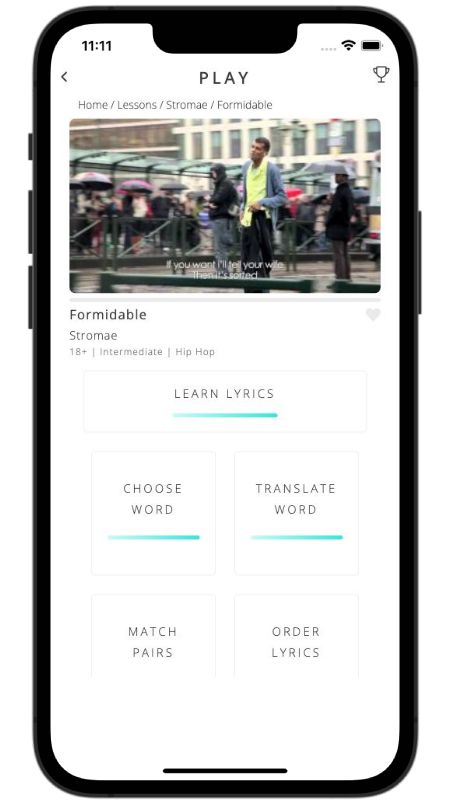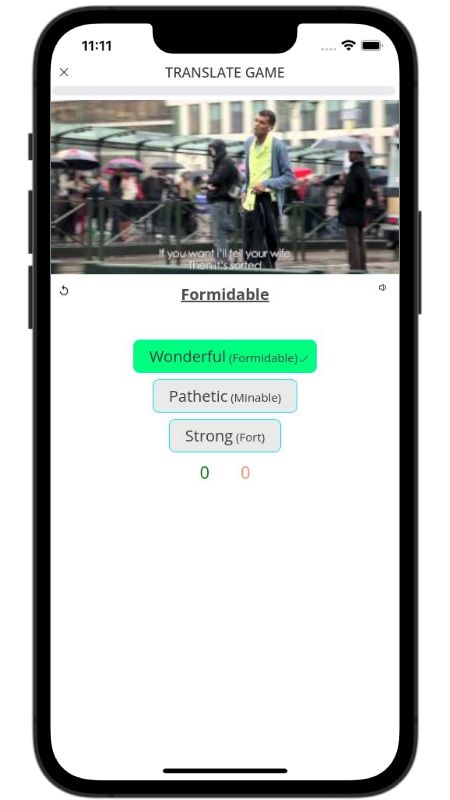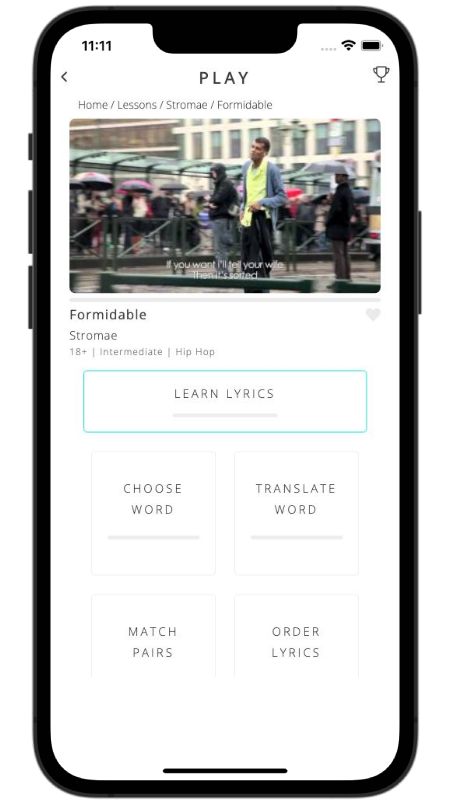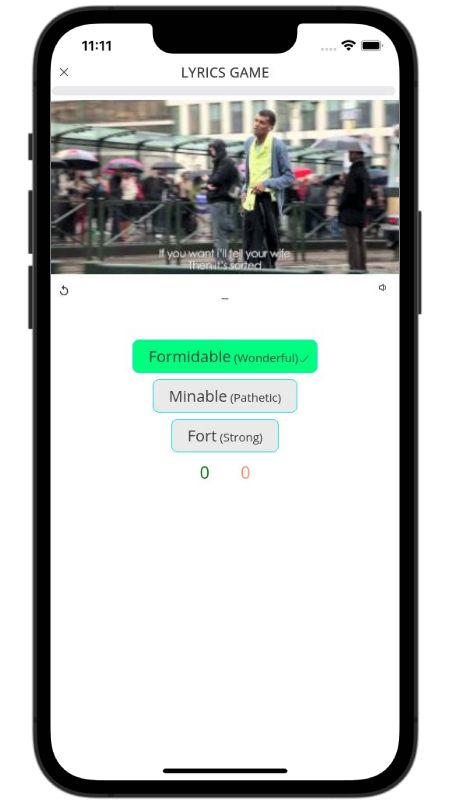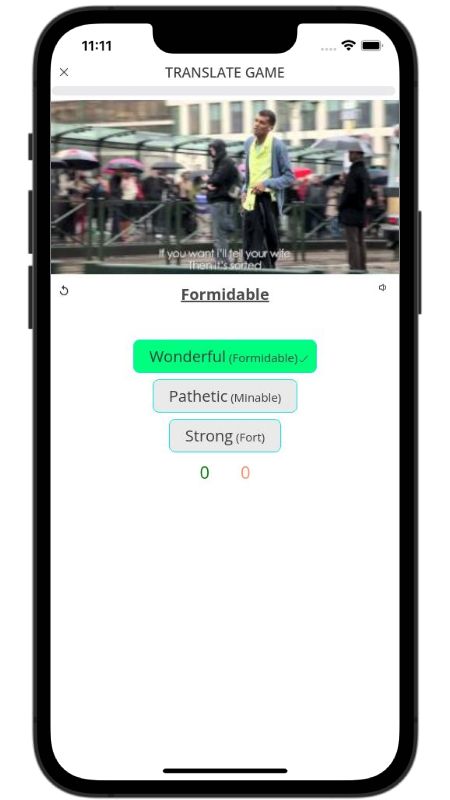L'ivresse Lyrics in English Feu! Chatterton
Below, I translated the lyrics of the song L'ivresse by Feu! Chatterton from French to English.
All my thoughts are born
In the excess of drunkenness
Still in this little dive
It's late
But where will you go
Still in this little dive
But where will you go
It's late
That's it, here we are, I'm wasted
That's it, here we are, that's it, here we are, that's it, here we are
Still in this little dive
It's late
But where will you go
Still in this little dive
It's late
But where will you go
And my anger thins in an ocean of calm and of liquid
You I see in the mirror, tell me, who are you
That's it, here we are, that's it, here we are, that's it, here we are, I'm wasted
That's it, here we are, that's it, here we are, that's it, here we are, I'm wasted
That's it, here we are, that's it, here we are, that's it, here we are, f*ck off
And your sulky pout was like a kiss
On my chilly lips
And my stiffened heart
That night, that night when you had me
Amaranth red suits much better
My glass of wine than the French flag
All the friends gripe, it's getting out of hand
Fewer rhythmic missteps
Against my fingers trickles an idea of revenge
This caress itching my skins
I clench my fists
And my anger thins in an ocean of calm and of liquid
You I see in this agave liquor, tell me, who are you
That's it, here we are, that's it, here we are, that's it, here we are, I'm wasted
That's it, here we are, that's it, here we are, that's it, here we are, I'm wasted
And my anger thins in an ocean of calm
And my anger thins in this liquid
You I see, tell me, who are you
Nothing serious doc
It's just me and my turpitudes
That's it, here we are, that's it, here we are
And your sulky pout was like a kiss
On my chilly lips
And my stiffened heart
And your sulky pout was like a kiss
On my chilly lips
And my stiffened heart
That night, that night when you had me
That night, that night when you had me
Lyrics and Translations Licensed & Provided by LyricFind
Did you like this lyrics translation?
Did you know?
In addition to reading lyric translations, you can now learn French with music and lyrics from your favorite artists.
No more boring lessons. You can now learn with engaging and culturally relevant lyrics from the best artists.
Apple and App Store are trademarks of Apple Inc.
Google Play and the Google Play logo are trademarks of Google LLC.
iOS AppAndroid AppWeb LessonsFree PDF WorksheetsJoin ClassroomLyrics TranslationBlogAbout UsBuy as GiftLifetime
